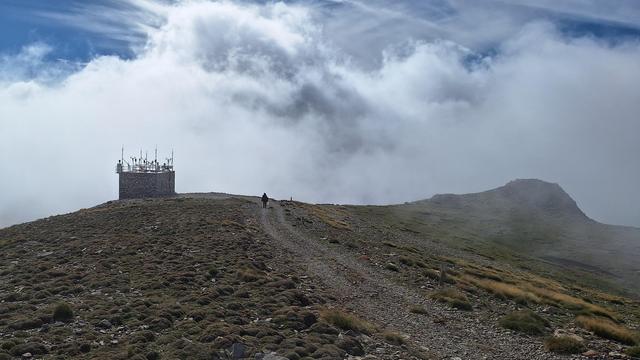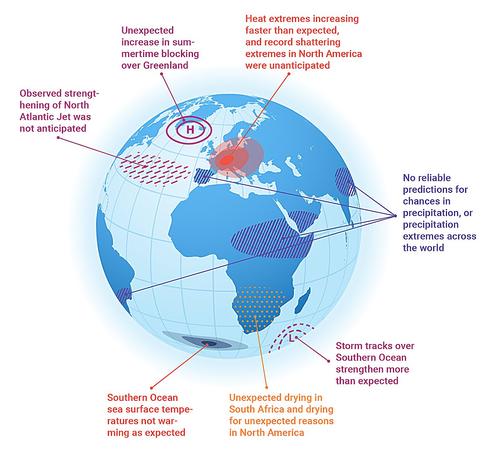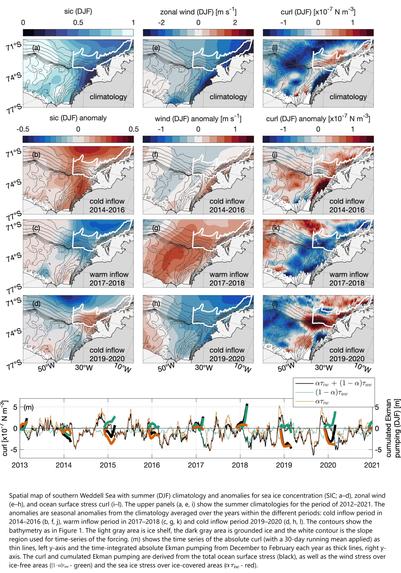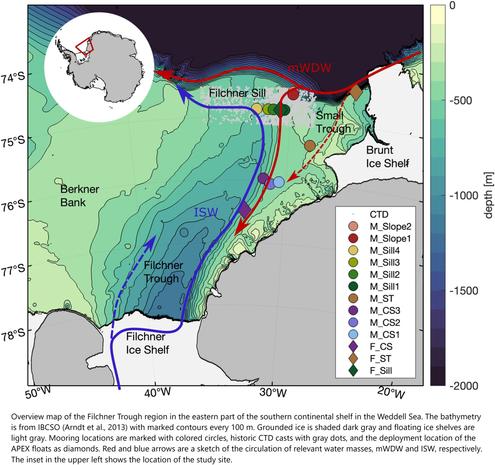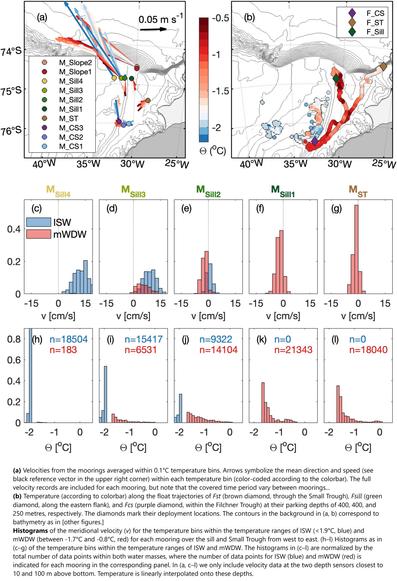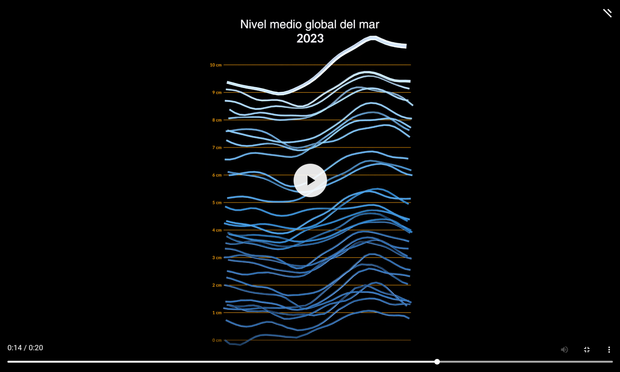Effective emergency management prevented larger catastrophe after climate change fueled heavy rains in Central Mississippi river valley
The #floods inundated large rural areas including agricultural fields, especially in #Arkansas which has resulted in an estimated 78 Million USD of damage due to losses in fields that were already planted. Larger losses were avoided due to the timing of the floods before other #crops like #peanuts and #cotton were planted, and since there is still a window to replant crops like #corn and #soybeans.
Based on gridded data products, we find that the extreme #rainfall event over the study region is relatively rare, expected to occur in today’s #climate only once every 90-240 years across different observational and reanalysis datasets. However, in a 1.3°C cooler climate, extreme rainfall such as observed would be even rarer. The best estimates for the increase in likelihood for the 2025 event associated with this warming is between a factor 2 to 5, and the increase in intensity for an event of equivalent rarity as observed is 13-26%.
To quantify the role of human-induced #ClimateChange in this increased likelihood and intensity we also analyse climate model data over the study region for the historical period. The best estimate of the synthesised result, combining observations with climate models, is about a 40% increase in likelihood and about a 9% increase in intensity. These estimates are smaller than the observed trends due to large discrepancies between the climate model results. While some models show increases similar to or larger than the observed trends, others show weaker or even decreasing trends.
In contrast, #ClimateModels consistently project that extreme precipitation events such as the one observed in April 2025 will become more frequent and intense in the future as global temperatures rise. Under current climate policies – which will lead to warming of approximately 2.6°C by 2100 – such extremes are expected to approximately double in likelihood again, and increase in intensity by about a further 7%.
As the moisture that fuelled the rainfall event was partly coming from the #GulfOfMexico we also assessed the role of climate change in the sea surface temperatures. We found that these waters were heated by approximately 1.2 °C (2.2 °F) due to human-caused climate change, and such #ocean conditions are now about 14 times more likely than in a cooler pre-industrial world. This contributed to higher #evaporation rates, increasing the availability of moisture in the rainfall event.
The strong observed trends in precipitation extremes in this region are also found in other studies using different methods, across different regions, including the Central #Mississippi river valley and are assessed as being attributable to climate change by the #IPCC AR6 report.
In conclusion, due to (1) the observed trends that are (2) in line with IPCC assessments and other literature in the region, and (3) the clear emergence of a climate change signal with further #warming in all climate models as well as (4) the availability of more moisture due to higher SSTs, we state that climate change amplified the heavy rainfall leading to the floods and that the estimate from observations and models combined of a 9% increase in intensity and 40% increase in likelihood is conservative and the role of climate change could be as large as the observations alone suggest
Despite being an extremely complex event, with tornadoes, flash floods, riverine floods and landslides overlapping, the US National Weather Service made a tremendous effort to provide early warnings for the floods, in some cases up to a week in advance of river crests. These early warnings allowed state and local emergency departments to prepare, inform the public, and evacuate those at highest risk. While any loss of life is devastating, the outcomes of this event point to the effectiveness of decades-long investments made in forecasting, #EarlyWarningSystems, and #forecast-based action.
Nearly half of NWS field offices are facing vacancy rates of 20% or more, double the short-staffing levels of a decade ago. Former NWS leaders have recently warned that layoffs could impact the ability of NWS offices to respond to extreme weather events and keep people safe.

